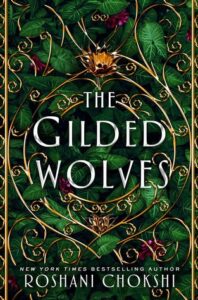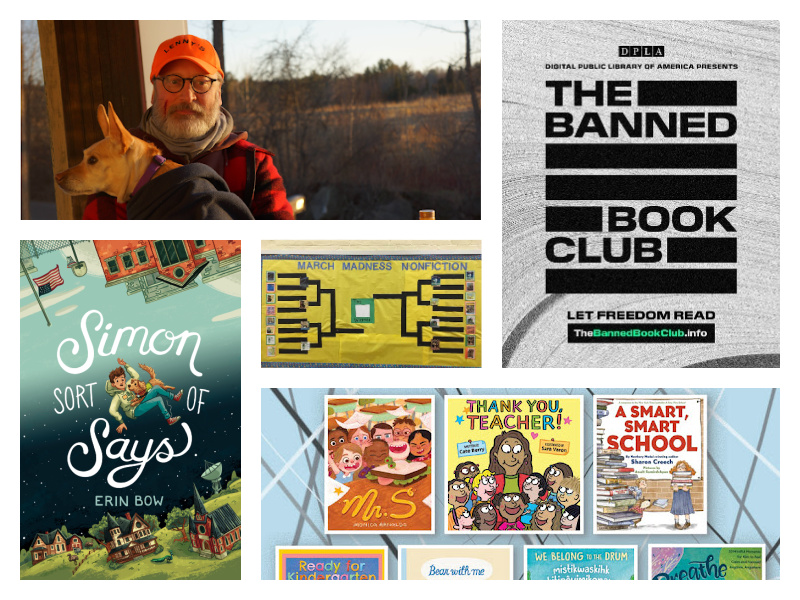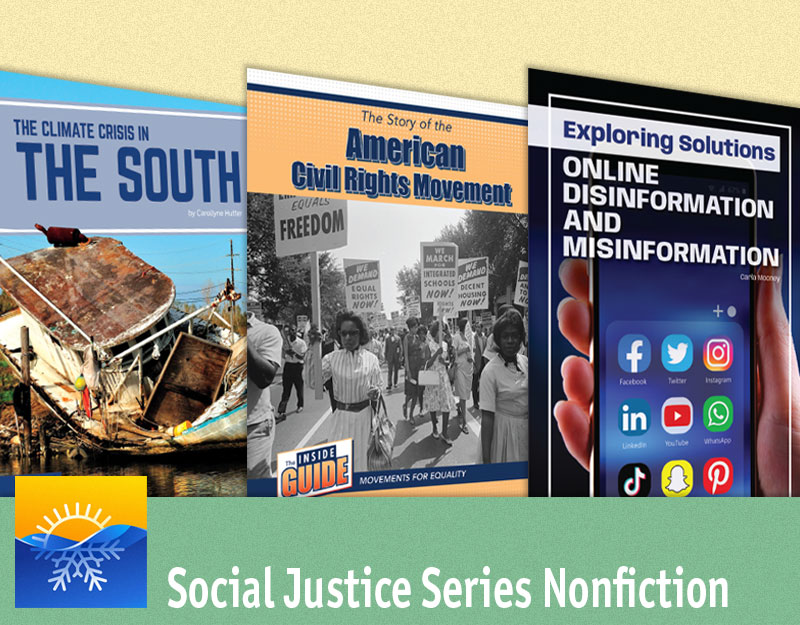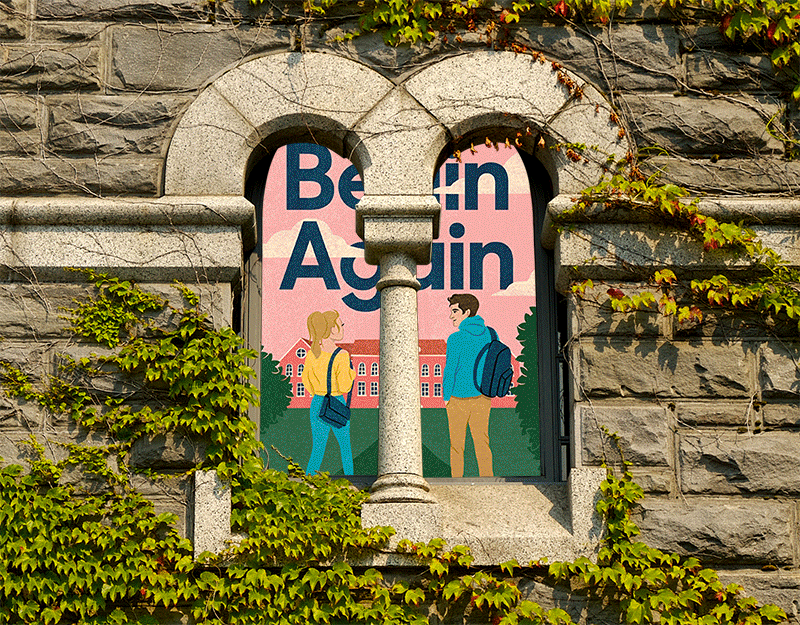Honoring the Heart of History, a guest post by author Roshani Chokshi
 When I first set out to write THE GILDED WOLVES, I had imagined a fun and lighthearted story set in an alternative Paris during the late 19thcentury. Something about that era had always tickled my imagination. I blame watching Moulin Rouge dozens of times when I was a kid…dreaming about mahogany stages, feathered silk gowns that trailed over frosted champagne flutes fallen from poet’s hands…the power of seizing an audience’s imagination so thoroughly that they followed you as if your mere shadow promised salvation. To me, 1889 Paris was opulence incarnate. What I hadn’t realized was how that imagery of an era was only slice of what it truly represented to millions of people across the world.
When I first set out to write THE GILDED WOLVES, I had imagined a fun and lighthearted story set in an alternative Paris during the late 19thcentury. Something about that era had always tickled my imagination. I blame watching Moulin Rouge dozens of times when I was a kid…dreaming about mahogany stages, feathered silk gowns that trailed over frosted champagne flutes fallen from poet’s hands…the power of seizing an audience’s imagination so thoroughly that they followed you as if your mere shadow promised salvation. To me, 1889 Paris was opulence incarnate. What I hadn’t realized was how that imagery of an era was only slice of what it truly represented to millions of people across the world.
In particular, writing this story made me rethink how fiction sheds light on historical truths. Nineteen century Paris is a celebration of juxtapositions. That feeling of artistic revolution was still true, but it was only a portion of the vast truth of that era. This was the epoch of Picasso and Toulouse-Lautrec, of the Moulin Rouge and its red windmill promising liberation. This was a time that earned its place in “La Belle Epoque” or “The Beautiful Years.” But it was also the Age of Imperialism, an age wherein many parts of Europe set sail to colonize swathes of Asia and Africa under the guise of a “civilizing mission” to bring civilization to the “dark and savage” parts of the world.
ADVERTISEMENT
ADVERTISEMENT
This is something that struck me in particular as someone acutely aware of how colonialism has shaped my cultural heritage. My mother is from the Philippines, which was controlled by Spain for 300 years. My father is from India, which was similarly controlled by the British. It’s a hard truth to stomach how an era that looked so beautiful on the outside was also a time for outside forces to enslave, extort and erase the native cultures of other civilizations. This really came to a head for me when I started delving into the details of the 1889 Exposition Universelle, the world fair that incentivized the creation of one of France’s cultural icons, the Eiffel Tower.
Once, the Eiffel Tower served as the entrance to the world fair. The world fair had multiple cultural pavilions, all of which celebrated the civilizing might of Western European powers. Their biggest draw that attracted nearly 28 million visitors was a human zoo, then advertised as a “Negro Village” where viewers could watch natives in their “natural habitat.” This is the kind of term that makes the soul recoil. It’s dehumanizing in the extremes, and something that was not a historical one-off incident. During the 1904 St. Louis World Fair, there was another human zoo, this time featuring Igorots, indigeneous Filipinos who ceremonially butchered dogs and were then forced to do so for spectacle. Hearing those stories put my own past into perspective, as I started thinking about the stories that have become forgotten, slowly swept under the rug of the highlight reels of various centuries.
When I started writing THE GILDED WOLVES, I made the decision early on to honor the heart of the history even as I set the book in an alternate world and infused it with its own magic system. At some points, I faced pushback from early reviewers for the decision I made, but I stand by my word choice and the presentation of uglier truths. There is a great danger in sanitizing the grotesque at the risk of offending someone’s modern sensibilities. We do not live in a beautiful world. At best, it is gilded, which does not mean that it’s without beauty and splendor. For me, there’s a huge responsibility among children authors to reflect the world’s spectrum of color, ethnicities, religious backgrounds. Our histories are highlight reels, often smoothed over by the patina of
conquerors and the threads lost between bloodshed and colonialism. Even though that was not the focus of the story, it is the backdrop. It is the emotional context which informs how the characters interact with each other and with their world.
My hope for my stories is that they spark curiosity and conversation. With this story in particular, I hope it encourages readers to be more critical of their surroundings and of history. I hope it encourages them to look to the shadows, and lift the darkness and confusion, and see what hidden truths lie there. I hope they question what is gold and what glitters.
~~~~~~~~~~~~~~~~~~~~~~~~~~~~~~~~~~~~~~~~~~~~~~~~~~~~~~~~~~~~~~
 Roshani Chokshi is the New York Times bestselling author of Aru Shah and the End of Time, The Star-Touched Queen, A Crown of Wishes, and The Gilded Wolves. Her work has been nominated for the Locus and Nebula awards, and her books have appeared on Barnes and Nobles Best New Books of the Year and Buzzfeed Best Books of the Year lists. Chokshi lives in Georgia, but doesn’t have much of a Southern accent. Alas.
Roshani Chokshi is the New York Times bestselling author of Aru Shah and the End of Time, The Star-Touched Queen, A Crown of Wishes, and The Gilded Wolves. Her work has been nominated for the Locus and Nebula awards, and her books have appeared on Barnes and Nobles Best New Books of the Year and Buzzfeed Best Books of the Year lists. Chokshi lives in Georgia, but doesn’t have much of a Southern accent. Alas.
Her novel, The Gilded Wolves, is available now.
Set in a darkly glamorous world The Gilded Wolves is full of mystery, decadence and dangerous but thrilling adventure.
Paris, 1889: The world is on the cusp of industry and power, and the Exposition Universelle has breathed new life into the streets and dredged up ancient secrets. In this city, no one keeps tabs on secrets better than treasure-hunter and wealthy hotelier, Séverin Montagnet-Alarie. But when the all-powerful society, the Order of Babel, seeks him out for help, Séverin is offered a treasure that he never imagined: his true inheritance. To find the ancient artifact the Order seeks, Séverin will need help from a band of experts:
An engineer with a debt to pay. A historian who can’t yet go home. A dancer with a sinister past. And a brother in all but blood, who might care too much.
Together, they’ll have to use their wits and knowledge to hunt the artifact through the dark and glittering heart of Paris. What they find might change the world, but only if they can stay alive.
Filed under: Uncategorized
About Robin Willis
After working in middle school libraries for over 20 years, Robin Willis now works in a public library system in Maryland.
ADVERTISEMENT
ADVERTISEMENT
SLJ Blog Network
Happy Poem in Your Pocket Day!
This Q&A is Going Exactly As Planned: A Talk with Tao Nyeu About Her Latest Book
Family Style: Memories of an American from Vietnam | Review
Parsing Religion in Public Schools
ADVERTISEMENT







